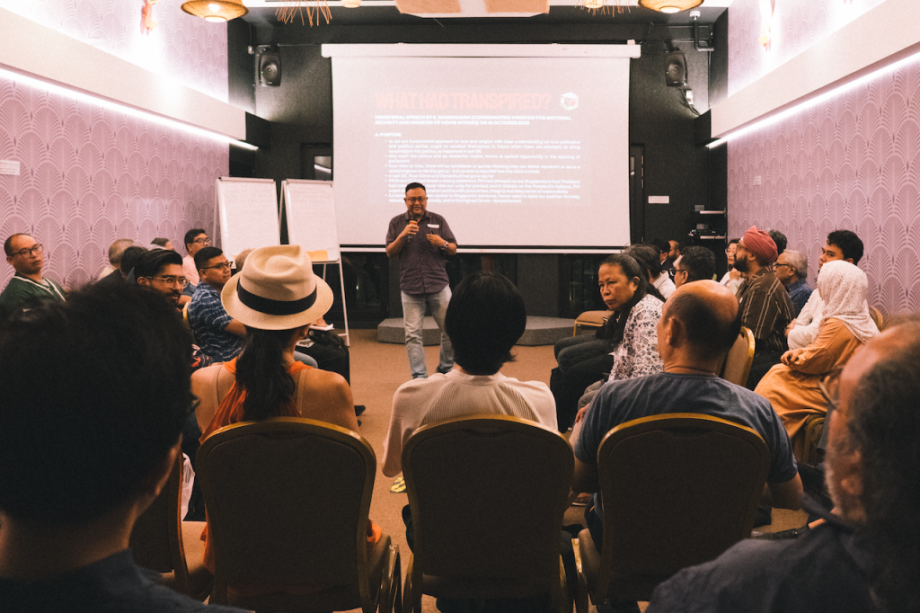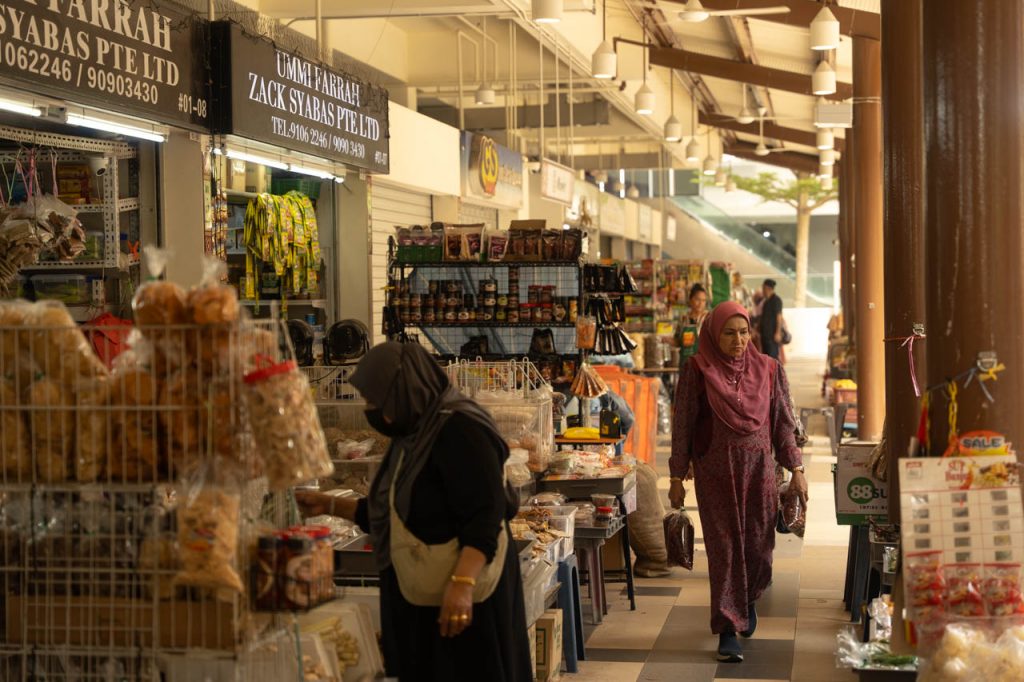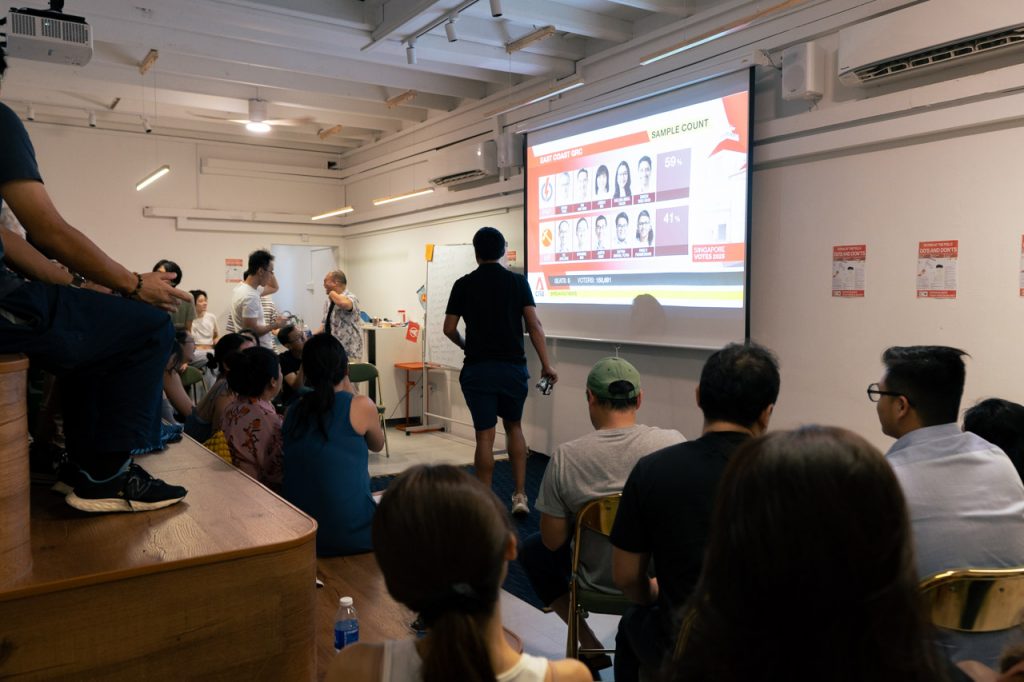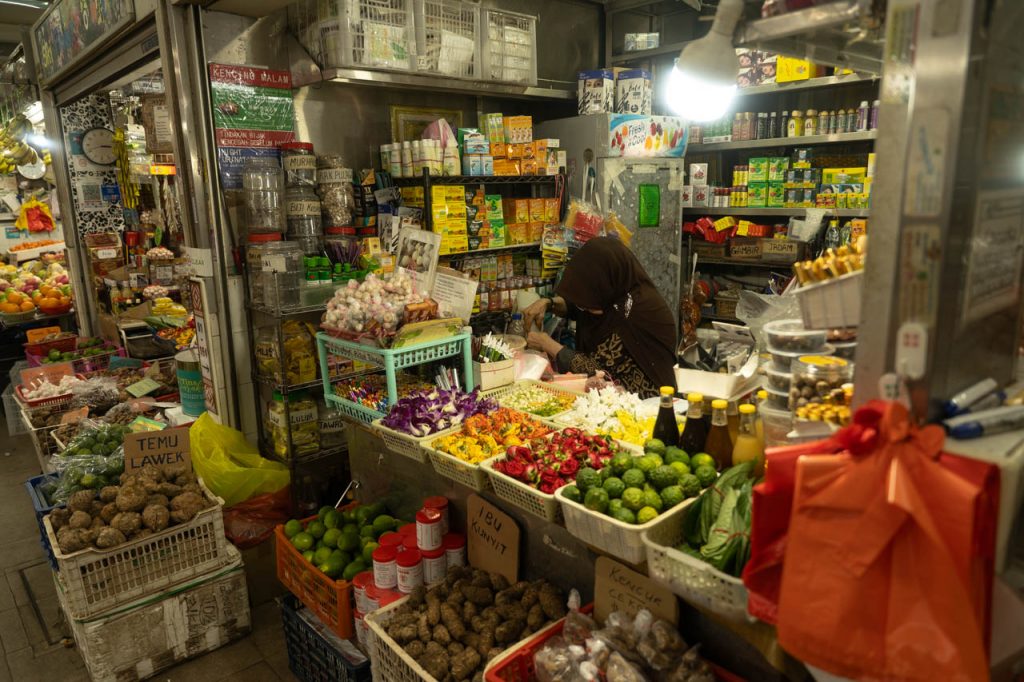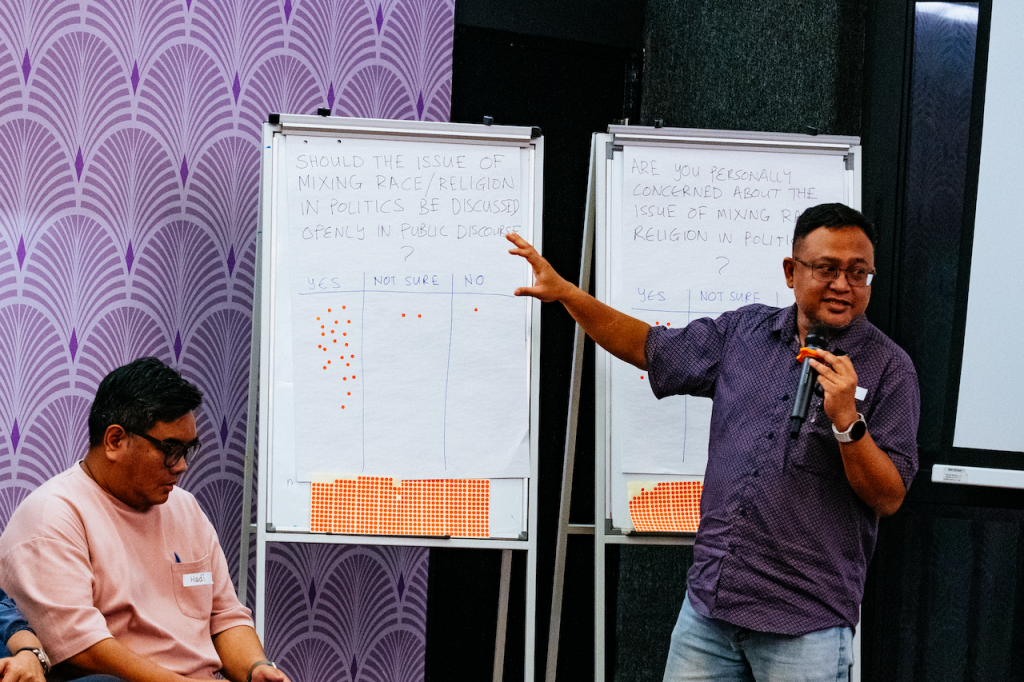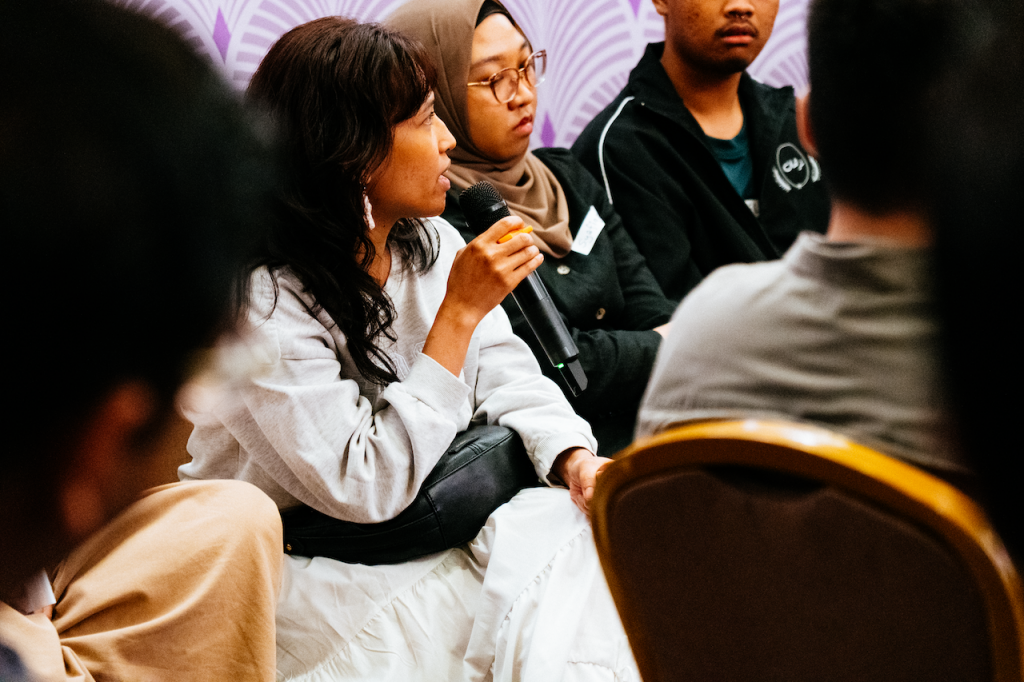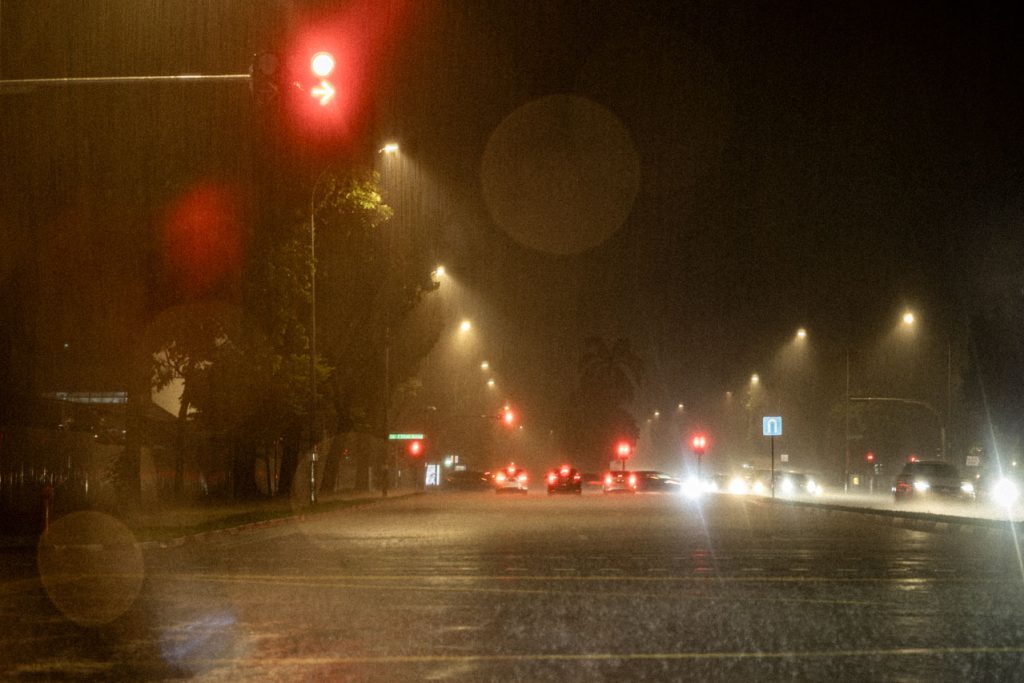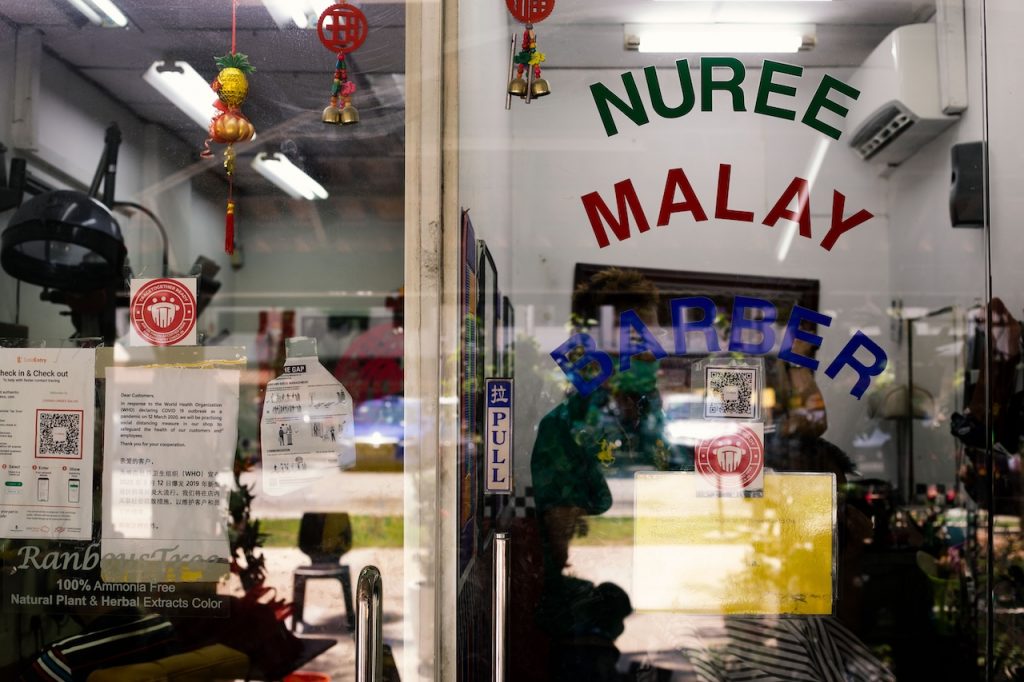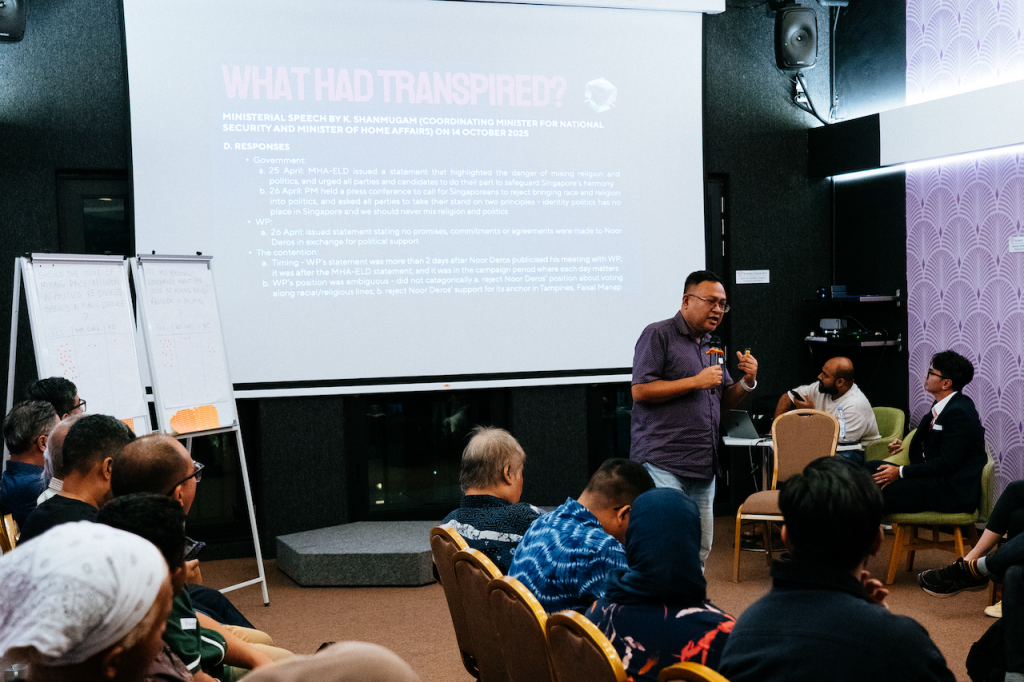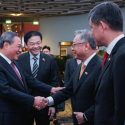Top image: RICE Media
Every few years, the spotlight swings back to the Malay-Muslim community as if the country has forgotten that we’ve already had this conversation. Again, we find our identity and loyalty examined on national television and in Parliament.
When Coordinating Minister for National Security K Shanmugam brought up identity politics in Parliament, invoking Noor Deros and the Workers’ Party (WP) during the GE2025 hustings, it was framed as a warning: A righteous call to keep race and religion out of political scheming.
The effect felt familiar. Sure, the big-picture conversation was about political ethics, campaign conduct, and the fear of civic division. But watching the hour-long speech unfold as someone from a minority community who’s long had to think carefully about belonging, it was hard not to feel like it was really about us again—a cautionary tale of what could go wrong if Singapore ever lets identity politics take root.
The same feeling settles in each time this happens: a resigned acceptance that our identities as minorities will be the ones put on display when the nation needs reminding of its fragility.
Penat. That’s the only word I can find for it in the past few weeks. I can’t speak for everyone else, but personally, there’s an existential exhaustion from being reminded that Malay-Muslim Singaporeans have to keep proving that we care about this country as much as anyone else.
A New National Crisis
It’s worth noting that Minister Shanmugam later clarified he wasn’t singling out the Malay-Muslim community.
This was after Member of Parliament Zhulkarnain Abdul Rahim observed: “I can’t help but notice that some may interpret his statement as suggesting that a particular group of community—in this case, the Malay-Muslim community—should bear some responsibility for allowing such sentiments to take root in the first place.”
In response, the minister said the opposite was true: that the Malay-Muslim population had, in fact, held firm against attempts to stir racial and religious emotions. We were victims of these tactics, not agents of them.
And then identity politics became a whole thing.
In the weeks following Minister Shanmugam’s speech, several government figures reinforced the warning against identity politics. Minister Chee Hong Tat echoed the message at a conference. Senior Minister Lee Hsien Loong says we “must never mix race and religion with politics”.
When Singapore Democratic Party chief Dr Chee Soon Juan accused the PAP of dividing society along racial and religious lines, Senior Minister of State Murali Pillai rebutted, saying the party’s policies ensure racial equality while citing the West’s struggles with identity politics. In Parliament yesterday, Leader of the House Indranee Rajah raised the issue again, pressing WP leader Pritam Singh to clarify Noor Deros’ meeting with his party.
Each time it’s mentioned, I hear a muted suggestion that the Malay-Muslim community—or any minority community, really—is especially fragile. And with that, something else gets chipped away: the trust that we are rational, grounded citizens capable of standing firm against fringe influences on our own. Every repetition of the warning carries an unintended message of wariness.
None of this is to say that identity politics can’t be a national threat. No one’s saying that we shouldn’t guard against its dangers. We know the damage it’s already doing abroad, and we understand why leaders want to nip it in the bud. There are probably patterns and signals the government sees—data, sentiment, shifts in online conversations—that ordinary citizens don’t.
But to suddenly elevate identity politics as Singapore’s next big fault line, shouldn’t we first define what it actually is?

